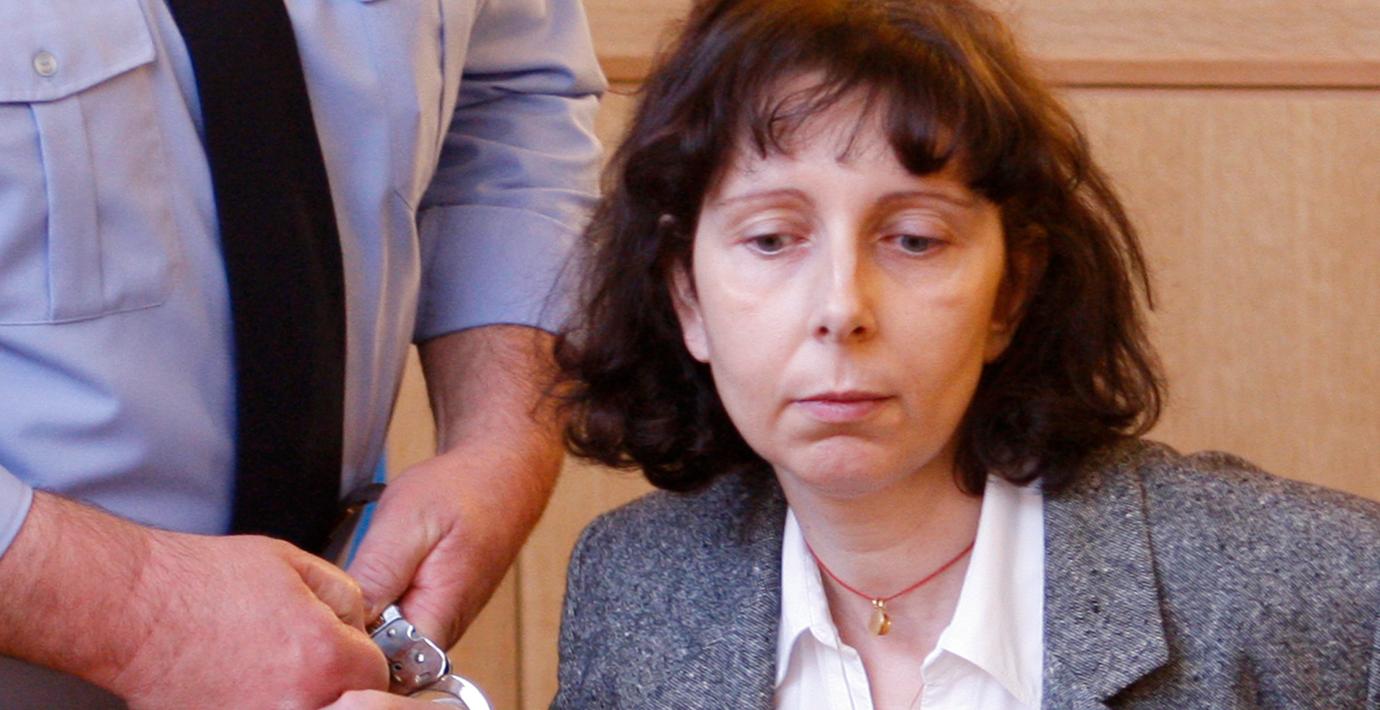
Belgisk mamma dödade fem barn – har nu fått dödshjälp
Genevieve Lhermitte dödade sina fem barn i belgiska Nivelles den 28 februari 2007, nu har hon själv dött efter att ha beviljats dödshjälp, skriver BBC.
Hennes make var bortrest när Lhermitte dödade sonen och de fyra döttrarna, i åldrarna 3-14, genom att skära halsen av dem. Hon försökte sedan ta sitt eget liv, men misslyckades. Ett år senare dömdes hon till fängelse innan hon 2019 flyttades till ett mentalsjukhus.
16 år efter morden beviljades hennes begäran om att få dödshjälp och hon valde att dö den 28 februari som en ”symbolisk gest i respekt för sina barn”.
bakgrund
Genevieve Lhermitte
Wikipedia (en)
Geneviève Lhermitte (16 November 1966 – 28 February 2023) was a Belgian woman who killed all five of her children on 28 February 2007. She killed each of her children by slitting their throats with a kitchen knife stolen from a local grocery store while her husband was visiting family in Morocco. After Lhermitte killed her children, she then tried to kill herself. The suicide attempt failed, and Lhermitte was taken into custody and charged with first-degree murder. She was subsequently sentenced to life imprisonment.
Lhermitte had regularly seen a psychiatrist and was reported to demonstrate serious mental issues. She claimed that she was driven to kill her children due to troubles at home (namely, living with an outsider who financially supported the family).
bakgrund
Dödshjälp
Wikipedia (en)
Euthanasia (from Greek: εὐθανασία, lit. 'good death': εὖ, eu, 'well, good' + θάνατος, thanatos, 'death') is the practice of intentionally ending life to eliminate pain and suffering.Different countries have different euthanasia laws. The British House of Lords select committee on medical ethics defines euthanasia as "a deliberate intervention undertaken with the express intention of ending a life, to relieve intractable suffering". In the Netherlands and Belgium, euthanasia is understood as "termination of life by a doctor at the request of a patient". The Dutch law, however, does not use the term 'euthanasia' but includes the concept under the broader definition of "assisted suicide and termination of life on request".Euthanasia is categorized in different ways, which include voluntary, non-voluntary, or involuntary. Voluntary euthanasia is when a person wills to have their life ended and is legal in a growing number of countries. Non-voluntary euthanasia occurs when a patient's consent is unavailable and is legal in some countries under certain limited conditions, in both active and passive forms. Involuntary euthanasia, which is done without asking for consent or against the patient's will, is illegal in all countries and is usually considered murder.
As of 2006 euthanasia had become the most active area of research in bioethics.
In some countries divisive public controversy occurs over the moral, ethical, and legal issues associated with euthanasia. Passive euthanasia (known as "pulling the plug") is legal under some circumstances in many countries. Active euthanasia, however, is legal or de facto legal in only a handful of countries (for example: Belgium, Canada and Switzerland), which limit it to specific circumstances and require the approval of counselors and doctors or other specialists. In some countries—such as Nigeria, Saudi Arabia and Pakistan—support for active euthanasia is almost non-existent.
Omni är politiskt obundna och oberoende. Vi strävar efter att ge fler perspektiv på nyheterna. Har du frågor eller synpunkter kring vår rapportering? Kontakta redaktionen